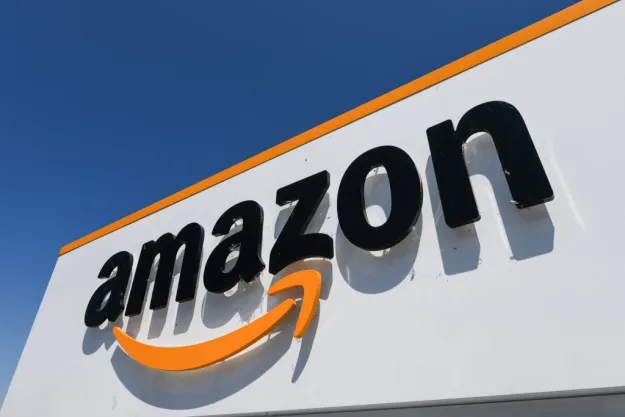While deal-hungry Amazon customers flock to the site to celebrate Prime Day, its warehouse employees in Shakopee, Minnesota will commemorate the sale in a different way — with a strike.
The employees at Amazon’s Minnesota fulfillment center have planned a six-hour work stoppage for July 15th, the first day of Amazon Prime Day, to protest their working conditions. Employees plan to strike for three hours at the start of the day shift and three hours at the start of the night shift at the facility, Bloomberg reports.
“We want to take the opportunity to talk about what it takes to make that work happen and put pressure on Amazon to protect us and provide safe, reliable jobs, ” William Stolz, one of the Shakopee employees organizing the strike, told Bloomberg.
It’s not clear what the strike would mean for customers hungry for their Prime Day deals, but a work stoppage could lead to delivery delays.
Employees say that Amazon has failed to convert temporary employees into Amazon employees and that it sets productivity quotas that are unsafe.
Amazon argues that it has already given the group much of what they have asked for. It claims it offers fulfillment center employees hourly wages ranging from $16.25 to $20.80, with benefits and that its productivity metrics have remained the same since November 2018. The company says that on average, 90% of the employees at the facility work full-time and that it recently offered 30 more temporary employees full-time positions.
This year’s Prime Day won’t be the first time employees have protested at the facility. Last year workers in the Minnesota delivery center, which include a sizable contingent of East African Muslim immigrants, protested in front of an entryway asking for reduced workloads while fasting for Ramadan. Those protests led to less pressure on workers to meet quotas during the Islamic holiday. Amazon also allowed the workers to use a conference room as a designated prayer space.
While relatively uncommon in the United States, European Amazon workers have held a number of similar protests. During 2018’s Prime Day, Amazon employees in Spain, Germany, Italy, and the United Kingdom went on strike over pay and safety concerns. Later in the year, Amazon workers across Europe also went on strike during Black Friday for similar reasons.
Editors' Recommendations
- Amazon expands Fresh grocery delivery for non-Prime members
- Amazon makes it harder for non-Prime members to get free delivery
- We’re getting another Amazon Prime shopping event in October this year
- Amazon plans ‘once-in-a-generation’ changes for Search, job ad reveals
- Amazon to shed thousands more workers in ‘next few weeks’




